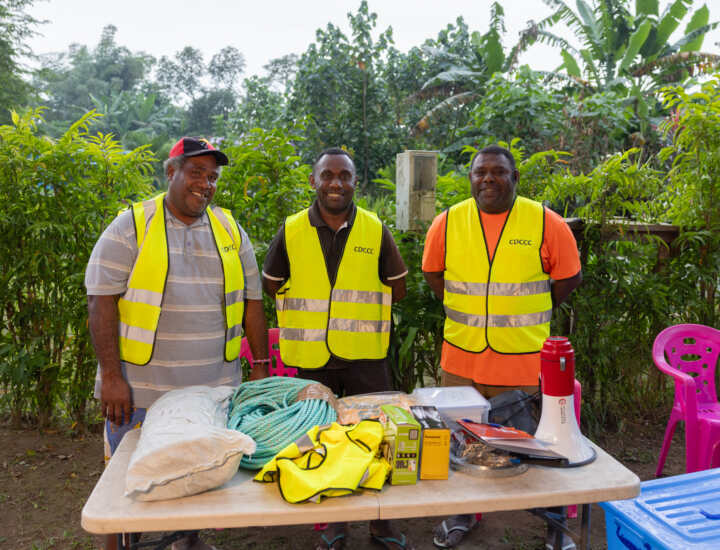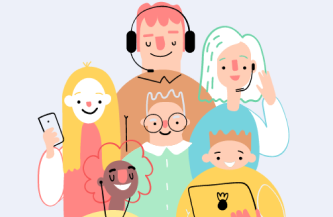DID4all is a curated Resource Library to promote disability-inclusive development, provide quality resources to the development sector, and help ensure that international development and humanitarian action activities are inclusive of people with disabilities.
This website was originally designed and operated with funding support from the Australian Government Department of Foreign Affairs and Trade (DFAT), via the DFAT – CBM Technical Partnership. This Partnership concluded at the end of 2025, and the website is now operated by CBM Australia, as part of CBM Global’s Inclusion Advisory Group.

The Inclusion Advisory Group is an initiative of CBM Global Disability Inclusion. We partner with the disability movement to influence organisations, institutions and systems to realise the rights of persons with disabilities. We are a global network of advisors, disability movement and associates. We bring development and humanitarian policy and programming expertise, provided in collaboration with the disability movement, who bring representation of their members, expertise, and lived experience.
Frequently asked questions
Disability-inclusive development (DID) specifically seeks to ensure that people with disabilities are able to both participate in, and benefit from development activities on an equal basis with others.
DID promotes effective development by recognising that, like all members of a population, people with disabilities are both beneficiaries and agents of development. An inclusive approach seeks to identify and address barriers that prevent people with disabilities from participating in and benefiting from development.
The explicit inclusion of people with disabilities as active participants in development processes leads to broader benefits for families and communities, reduces the impacts of poverty, and positively contributes to a country’s economic growth. Therefore , without intentional efforts to address the inequalities experienced by people with disabilities, unintentional exclusion will continue, and the global goals and targets cannot be achieved.
The 2022 global report on health equity for persons with disabilities estimates that approximately 16% of the world’s population has a disability. In addition, DFAT’s Development for All Strategy 2015-2020 calls upon development programs to incorporate the principles of disability inclusion into their work.
To be effective in reducing poverty, development must actively include and benefit people with disabilities. Disability-inclusive development provides opportunities for people with disabilities to participate on an equal basis with others, and realise their full potential. This enables countries to harness the potential contribution of all citizens, maximising opportunities for poverty reduction and sustainable economic growth. People with disabilities are as entitled to human rights as every other person and should be included in all aspects of society. They have enormous potential to contribute to their community.
Article 32 of the United Nations Convention on the Rights of Persons with Disabilities (CRPD) recognises the responsibility of countries that are States Parties to the Convention to include people with disabilities in their international development efforts.
The United Nations has reaffirmed the need for the post-2015 development agenda to take account of people with disability to ensure we ‘leave no one behind’.


